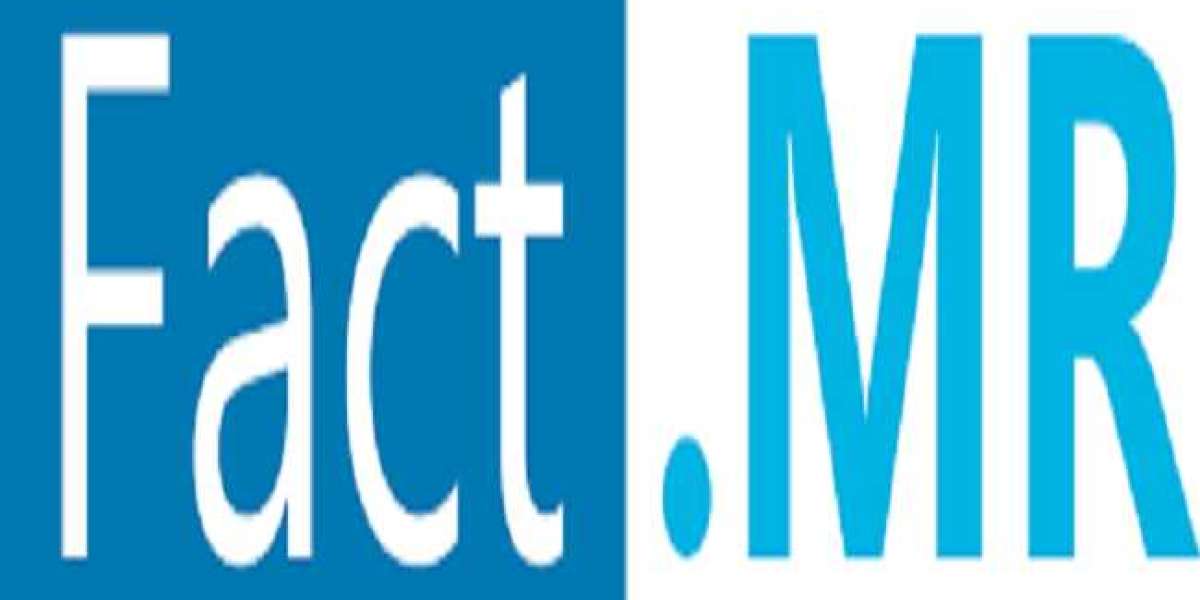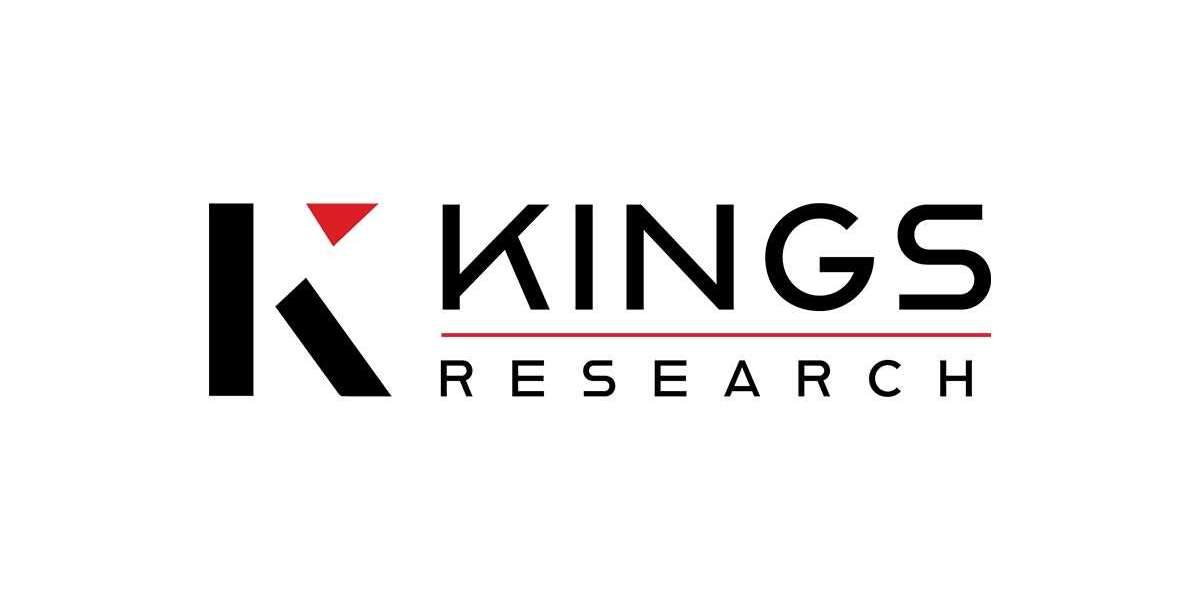How Long Can the BOE Audit Take?
The duration of a BOE audit can vary significantly depending on several factors. These factors include the complexity of your tax situation, the type of audit being conducted, the completeness of your records, and the level of cooperation between you and the BOE auditor. Here are some key considerations that can influence the length of a BOE audit:
- Type of Audit: There are different types of BOE audits, such as desk audits, field audits, and use tax audits. Desk audits involve a review of your records and documents remotely, while field audits require an in-person examination of your records at your place of business. The type of audit being conducted can impact the time required for completion.
- Scope and Complexity: The extent of the audit's scope and the complexity of your financial records can significantly affect the duration. Businesses with intricate financial transactions may experience longer audit periods compared to those with straightforward records.
- Record Keeping: Maintaining accurate and organized records is essential. If your records are well-organized and readily accessible, the audit process is likely to proceed more smoothly and efficiently. Incomplete or disorganized records could lead to an extended audit duration.
- Cooperation and Communication: Open and effective communication with the BOE auditor can help streamline the audit process. Promptly responding to requests for information and addressing any concerns can prevent unnecessary delays.
- Negotiations and Appeals: In some cases, disagreements may arise between you and the BOE auditor regarding the audit findings. Negotiations or appeals can extend the overall audit timeline.
On average, a BOE audit can range from a few weeks to several months. However, it's important to note that there is no fixed timeline, and each audit is unique. Timely and thorough cooperation with the BOE auditor can contribute to a smoother and potentially shorter audit process.
How Do I Know if I Owe Back Taxes?
Determining whether you owe back taxes involves a careful review of your tax filings, financial records, and communication with tax authorities. Here's a step-by-step guide to help you assess your tax situation:
- Review Tax Filings: Start by reviewing your past tax returns, including income tax, sales tax, and any other relevant taxes. Ensure that all reported income, deductions, and credits are accurate.
- Compare with Records: Compare the information on your tax returns with your financial records, such as income statements, expense receipts, and bank statements. Identify any discrepancies or missing information.
- Check Correspondence: If you receive any correspondence from the BOE or other tax authorities, carefully review the content. They may provide information about potential discrepancies or outstanding tax liabilities.
- Review Audit Results: If you have undergone a BOE audit or any other tax audit, review the audit findings and assess whether you agree with the conclusions. If there are discrepancies, take steps to address them promptly.
- Contact Tax Authorities: If you suspect that you owe back taxes or have questions about your tax situation, contact the relevant tax authorities. In the case of the BOE, you can reach out to their customer service or contact the assigned auditor.
- Professional Assistance: If you are unsure about your tax situation or need guidance, consider seeking assistance from a tax professional, such as a certified public accountant (CPA) or tax attorney. They can review your records, help you understand your tax obligations, and assist in resolving any outstanding issues.
- Payment Plans and Resolution: If you do owe back taxes, tax authorities often provide options for repayment, such as installment agreements. Working with tax officials and following their guidance can help you address your tax liabilities effectively.
Conclusion
Facing a BOE audit and potential back taxes can be a daunting experience, but being proactive and informed can make the process more manageable. Understanding the factors that influence the duration of a BOE audit and taking steps to determine if you owe back taxes are essential for maintaining compliance and peace of mind. By reviewing your tax filings, comparing them with records, seeking professional assistance when needed, and maintaining open communication with tax authorities, you can navigate these situations with confidence and ensure that your tax obligations are met. Remember that each tax situation is unique, and seeking expert advice can provide valuable insights tailored to your specific circumstances.














